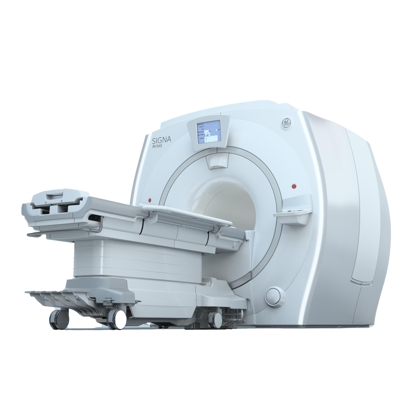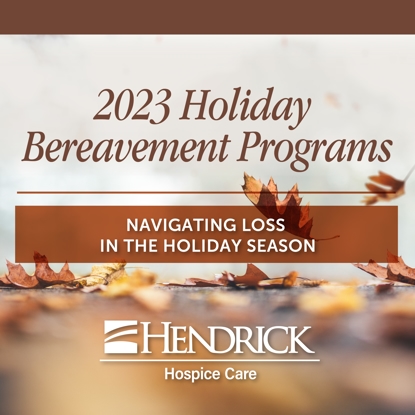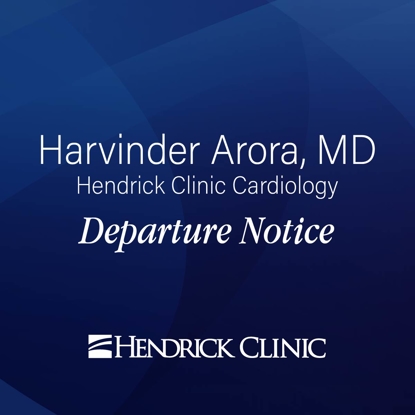Hendrick offers less invasive procedure as alternative for at-risk heart patients
- Category: News, Neurosciences
- Posted On:

Hendrick Health is now offering high-risk cardiac patients a minimally invasive procedure to replace diseased aortic valves. Transcatheter Aortic Valve Replacement (TAVR) is a viable alternative for those patients who cannot undergo open heart surgery.
“Because Hendrick is committed to bringing state-of-the-art technologies to our community, high-risk patients affected by aortic valve disease now have a surgical option for valve replacement,” said Dr. Joji Varghese, interventional cardiologist at Hendrick Health. “Until now, our patients had to travel hundreds of miles to receive this treatment, if their health allowed. This technology is truly lifesaving.”
Until recently, open-heart surgery was the standard for valve replacement, excluding some of the sickest patients. Because the replacement valve is inserted through a catheter in the patient’s groin, complications are reduced significantly. Most patients are discharged from the hospital the next day. Patients must first be evaluated in the Heart Valve Clinic at Hendrick to determine if they qualify for TAVR.
“Being able to offer TAVR to the community has raised Hendrick’s cardiac care to another level,” said Dr. Ren Zhang, cardiologist at Hendrick Health. “This is a milestone for our cardiac program, and for the hospital. I’m very proud and happy to be a member of our valve team. We have excellent cardiologists, cardiovascular surgeons and nurses all working hard for our patients and for the success of the program.”
Symptoms of heart valve issues can include chest pain or palpitations, shortness of breath, fatigue and swelling in the ankles, feet or abdomen. Reduced ability to exercise is also a common symptom.
Additionally, the U.S. Food and Drug Administration recently approved an expanded indication for transcatheter heart valves to include patients with severe aortic valve who are at low risk for death or major complications associated with open-heart surgery. This new approval significantly expands the number of patients that can be treated with this less invasive procedure.
Hendrick interventional cardiologists Dr. Harvinder Arora and Dr. Chris McClish are also trained to perform TAVR.
“Because Hendrick is committed to bringing state-of-the-art technologies to our community, high-risk patients affected by aortic valve disease now have a surgical option for valve replacement,” said Dr. Joji Varghese, interventional cardiologist at Hendrick Health. “Until now, our patients had to travel hundreds of miles to receive this treatment, if their health allowed. This technology is truly lifesaving.”
Until recently, open-heart surgery was the standard for valve replacement, excluding some of the sickest patients. Because the replacement valve is inserted through a catheter in the patient’s groin, complications are reduced significantly. Most patients are discharged from the hospital the next day. Patients must first be evaluated in the Heart Valve Clinic at Hendrick to determine if they qualify for TAVR.
“Being able to offer TAVR to the community has raised Hendrick’s cardiac care to another level,” said Dr. Ren Zhang, cardiologist at Hendrick Health. “This is a milestone for our cardiac program, and for the hospital. I’m very proud and happy to be a member of our valve team. We have excellent cardiologists, cardiovascular surgeons and nurses all working hard for our patients and for the success of the program.”
Symptoms of heart valve issues can include chest pain or palpitations, shortness of breath, fatigue and swelling in the ankles, feet or abdomen. Reduced ability to exercise is also a common symptom.
Additionally, the U.S. Food and Drug Administration recently approved an expanded indication for transcatheter heart valves to include patients with severe aortic valve who are at low risk for death or major complications associated with open-heart surgery. This new approval significantly expands the number of patients that can be treated with this less invasive procedure.
Hendrick interventional cardiologists Dr. Harvinder Arora and Dr. Chris McClish are also trained to perform TAVR.



